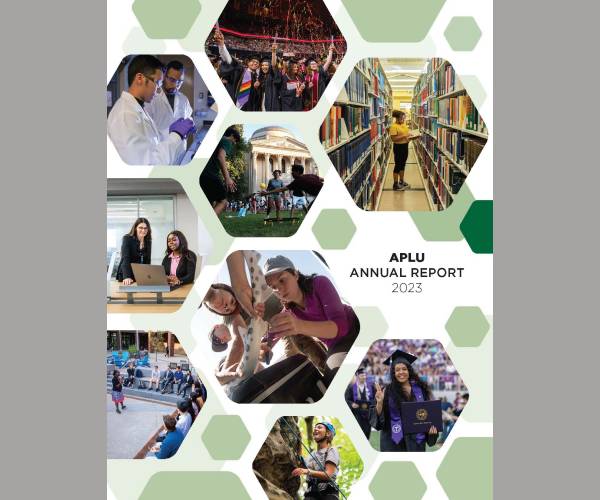Create and Share Resources that Serve all Populations

All people deserve access to healthy and affordable food, but access can be impeded by economic, physical, and social factors. To address these impediments, local, national, and international actors should create policy that enables access to a safe and nutritious food supply for all. Currently, the economic and social status, gender, race, ethnicity, and/or location of groups and individuals contributes to the disparity of access to a nutritious food supply. These factors are also an obstacle to the creation of an inclusive and equitable food system overall. For some, the issue is not a complete lack of access to food, but a lack of access to healthy food. For example, in higher-income countries, single parents who work two jobs and experience limited access to healthy foods are presented with food choices that are adequate for hunger, but inadequate for full child cognitive and physical development. Lack of access to healthy food often results in undernutrition and/or obesity. In low-income countries, access is often driven by many of these same constraints; however, severe poverty and the unpredictable forces of political, climate, and social instability compound and magnify the problem.
Likewise, rural producers may be constrained by lack of market integration and inadequate knowledge of, or ability to meet, international standards necessary to fully engage in trade in a global economy, thereby diminishing their incomes and hindering access to nutritious foods. To increase access, public research universities should bring attention to the priorities and constraints of food and nutrition insecure populations. By focusing on these priorities and constraints, public research universities can engage with policymakers and communities to collaboratively design and build effective solutions that support evidence-based decision making.
A number of factors affect access to a healthy and nutritious food supply and therefore to food security overall. One factor is isolation from the institutions that create and disseminate relevant knowledge. Globally, there are approximately 500 million family farms occupying 80 percent of the world’s farm land. These 500 million family farms must make critical decisions regarding the management of natural resources, technology adoption and adaptation, market engagement, and consumption. Most of these farmers make decisions with little to no support from formal advisory services. Rural household surveys, like the World Bank Living Standards Measurement Study – Integrated Surveys on Agriculture (LSMS-ISA), indicate that only a small fraction of rural households report contact from extension providers and even fewer report impact from that contact. Poor extension services contribute to persistent poverty, which makes food unaffordable and inaccessible. It also contributes to low farm productivity, further diminishing access to food for consumers. Those affected by low farm productivity and diminished access to food often do not have sufficient knowledge about nutrition and are therefore unable to make informed choices with regard to the food they are able to access.
The Pathway to Meeting the Challenge
- Develop models and make recommendations for infrastructure development that improve access to food and counter risks in rural, urban, peri-urban, and coastal areas.
- Expand access to knowledge through open learning, participatory research, intercultural dialogue, and outreach platforms.
- Develop and apply improved communications technology to enable communities to collaboratively shape research agendas and use technologies to improve advisory and outreach services.
- Develop and revise needs-based programs to train Extension personnel and administrators domestically and globally using proven outreach and engagement methods to increase access.




Stay Connected
X (formerly Twitter)
Facebook
YouTube
LinkedIn
RSS